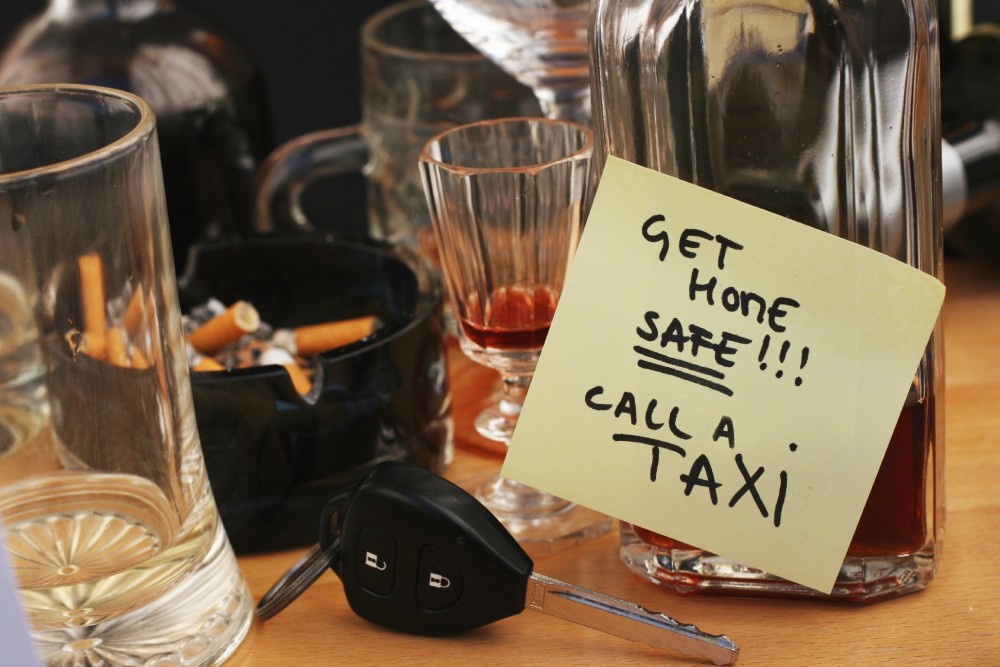Driving under the influence (DUI) is a serious offense in Kansas, with strict laws and penalties for drivers under 21 years old. The state enforces a zero-tolerance policy, meaning even a small amount of alcohol in an underage driver’s system can result in legal consequences. Understanding these laws is essential for young drivers and their families.
1. Zero-Tolerance Law: BAC of 0.02% or Higher
Kansas has a zero-tolerance policy for underage drinking and driving. Under Kansas law, it is illegal for drivers under 21 to operate a vehicle with a blood alcohol concentration (BAC) of 0.02% or higher.
Penalties for Underage DUI (BAC 0.02% – 0.079%)
- Driver’s License Suspension: A first offense results in a 30-day suspension, with a 330-day restricted license period following the suspension.
- Fines: Offenders may face monetary penalties depending on the case.
- Mandatory Alcohol Education Program: The court may require the offender to complete an alcohol education or treatment program.
- Community Service: The judge may impose community service hours as part of sentencing.
2. Standard DUI: BAC of 0.08% or Higher
If an underage driver has a BAC of 0.08% or higher, they face the same DUI charges as an adult under Kansas DUI laws.
Penalties for a First Offense (BAC 0.08% or Higher)
- Fines: Up to $1,000, plus court costs.
- License Suspension: A 30-day suspension, followed by a one-year ignition interlock device (IID) requirement.
- Mandatory DUI Education Program: The driver must complete a court-ordered DUI treatment program.
- Possible Jail Time: 48 hours to six months in jail, or an alternative sentence of community service.
Repeat offenses result in harsher penalties, including longer license suspensions, increased fines, and extended jail time.
3. Refusing a Chemical Test
Kansas has an Implied Consent Law, which means that drivers automatically agree to take a chemical test (breath, blood, or urine) if arrested for DUI. Refusing the test results in additional penalties, even if the driver is not convicted of DUI.
Penalties for Refusing a Chemical Test
-
- First Offense: One-year license suspension and a two-year ignition interlock device (IID) requirement.
- Second Offense: Three-year IID requirement after suspension.
- Third Offense: Four-year IID requirement after suspension.
Refusing a test does not prevent DUI charges—the prosecution can still convict based on other evidence, such as officer observations or field sobriety test results.
4. Additional Consequences of an Underage DUI
Beyond legal penalties, an underage DUI can negatively impact a driver’s future:
- Criminal Record: A DUI conviction may remain on the driver’s record, affecting job opportunities, college admissions, and housing applications.
- Increased Auto Insurance Rates: Insurance companies significantly raise premiums or even cancel policies for drivers with a DUI.
- Academic & Career Impact: Some colleges and employers consider DUI convictions when reviewing applications, potentially affecting scholarships and job prospects.
Conclusion
Kansas enforces strict DUI laws for drivers under 21, emphasizing a zero-tolerance policy. Even a BAC as low as 0.02% can lead to license suspension, fines, and mandatory alcohol education programs. Young drivers must understand these laws and their serious consequences to avoid long-term legal and personal repercussions.
For assistance with DUI-related compliance or ignition interlock requirements, contact Clear2Drive at 855-261-3944.


